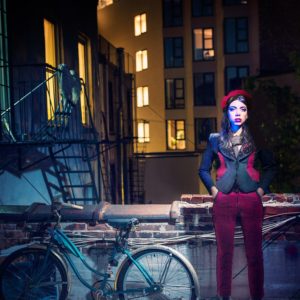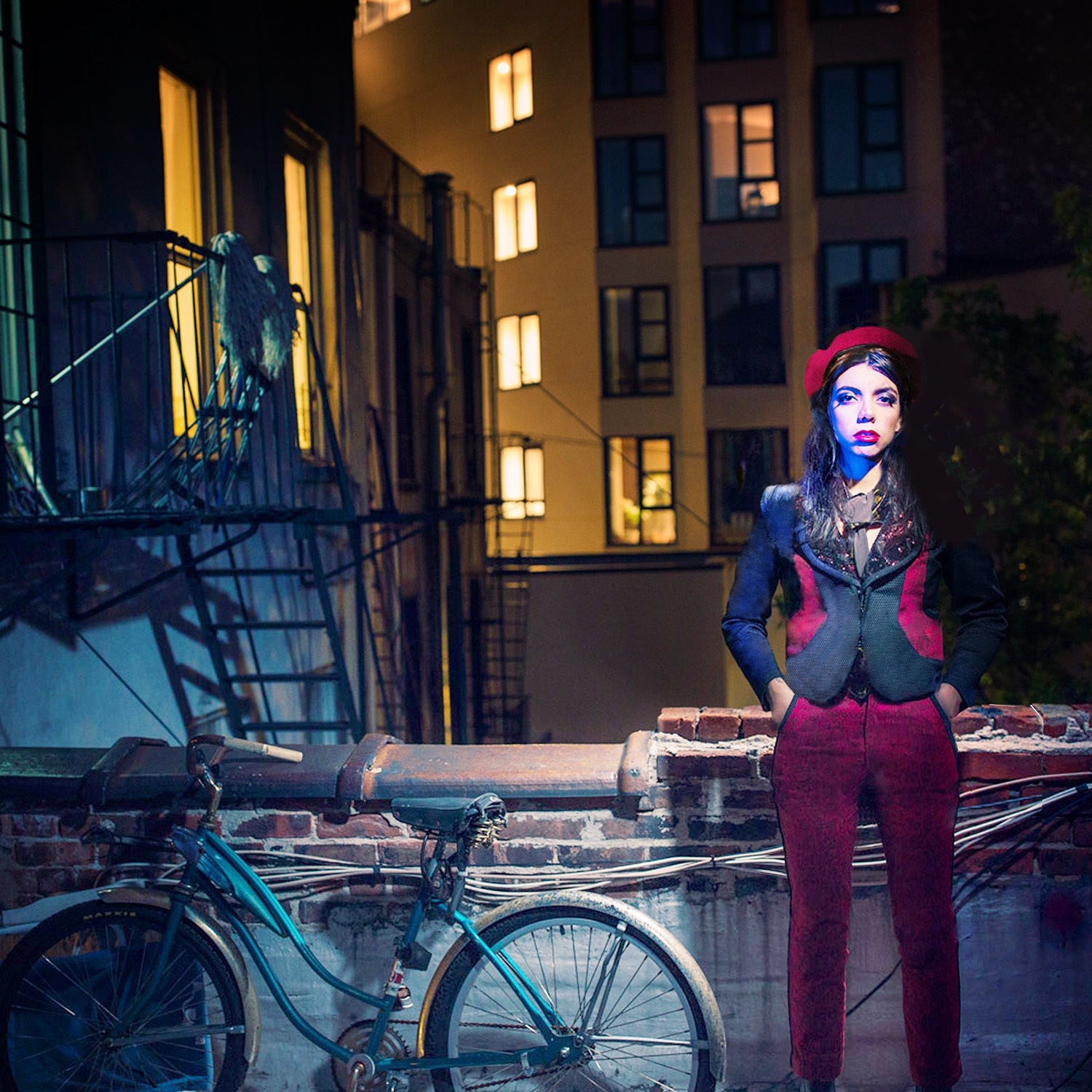 Hurray for the Riff Raff
Hurray for the Riff Raff
The Navigator
ATO
7/10
On Hurray for the Riff Raff’s sixth album The Navigator, Alynda Lee Segarra crafts songs you begin singing along with before you know the words.
Built on heartland rock foundations, shuffling Afro-Caribbean rhythms, and post-punk charge, her songs are colorful, their appeal unmistakable. Riot grrrl ragers, gospel raves, Fab Four pop, funk anthems, pulsing salsa: it’s all “folk music” in her hands, people’s music, and she packs it with humanist proclamations. “I just want to fall in love and not fuck it up,” she sings on the fiery “Pa’lante,” a lucid distillation of her concept here, about a fictional young Puerto Rican street kid named Navita Milagros Negrón, who bears no small resemblance to Segarra herself. She simply wants, like we all do, “to be something.”
Segarra’s previous albums, particularly 2014’s Small Town Heroes, positioned the songwriter as a necessary force in Americana, her bluesy drawl representing a necessary break from the overwhelming straight-whiteness of the genre. Matters of racial and sexual identity were fair game, freeing her lyrics from the Civil War reenactor–isms that plague so many of her peers. But The Navigator applies her kaleidoscopic vision to sound, too.
On “Rican Beach,” she seethes over driving funk; “Hungry Ghost” wouldn’t sound out of place on a Spoon record; “Nothing’s Gonna Change That Girl” pairs fuzz guitar with sweeping Broadway strings. Best of all is “Living in the City,” the kind of ebullient street-level jam you might hear on a ’70s-era Garland Jeffreys or Lou Reed album. “I’ll lock my dreams away / I’ll watch the city quiver,” Segarra sings, her words echoing NYC poets like Patti Smith and Jim Carroll.
It would be unfair to toss the term “universal” at The Navigator; there’s too much courage in its specificity for that. It’s better than universal: it’s personal in its recognition of the deep worth of anyone dehumanized by any number of systems or structures of control. “To all who had to hide I say / Pa’lante / To all who lost their pride I say / Pa’lante,” she sings just before the album’s finale, her voice mighty over droning strings and pounding piano. Her command’s direct. Forward. Be something.







